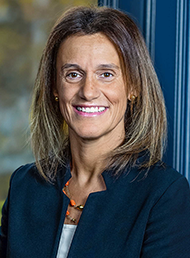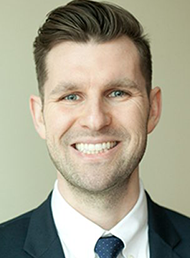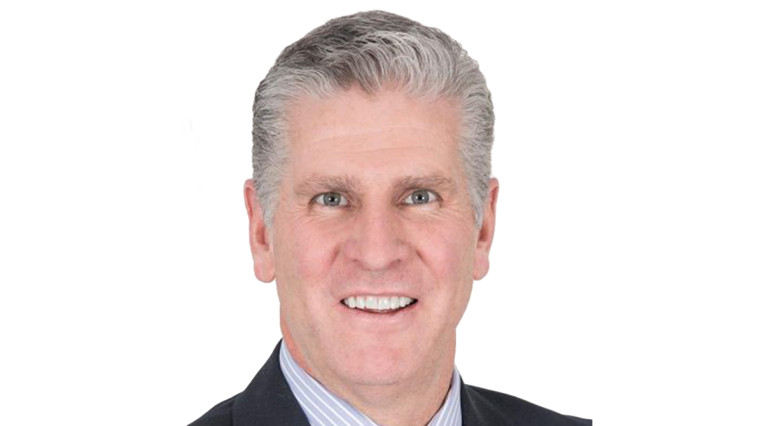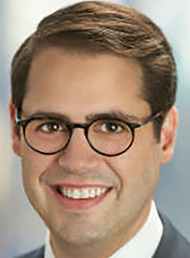ClearPoint Health is establishing a medical stop loss Centre of Excellence (COE) focused on satisfying the “full spectrum” of alternative risk structures, according to Phil Giles, chief growth officer at ClearPoint Health.
Giles joined ClearPoint Health earlier this month and the company’s CEO Jeb Dunkelberger told Captive Intelligence last year that there is no end in sight when it comes to current US health insurance challenges, with SMEs disproportionately being impacted.
ClearPoint develops and scales clinically integrated captives, including clinical providers in the sponsorship of medical stop loss captives.
Giles said ClearPoint has created a COE panel for traditional stop loss and level funded business with a strong grouping of highly rated carrier partnerships.
“We’ve got tremendous growth trajectory and have incepted enterprise-level agreements with several major brokers to be their stop loss COE,” he said.
Giles noted that ClearPoint had recently hired five regional vice presidents and was in the process of hiring another two or three more.
“The regional vice presidents will report to another well-known stop loss captive veteran, Gene Pompili,” he said.
Giles said the regional vice presidents will be placed throughout the United States and will provide localised expertise service to ClearPoint’s enterprise partners.
“One of the things that really appeals to me is not only the capabilities that we’re building on a holistic level as a COE, but also the level of talent and expertise that we’re bringing in to be able to service our stop-loss and captive clients,” Giles added.
The ClearPoint platform covers aspects from level-funded structures to traditional medical stop loss for standalone self-insurers and extending to group and single parent captive structures.
“They’ll come to ClearPoint for much, if not all, of their alternative funding needs, whether it’s level funded, traditional stop loss, or captive.”
He added that group medical stop loss captives are expanding at a staggering rate, with the number nearly doubling over the past three and a half years.
Giles said it is not only that more employers are going in the direction of stop loss group captives, but he is also seeing members shift between programmes.
“Brokers that had a lot of business with existing group captives have expressed interest in moving business away from more established and rigidly structured programmes, and creating their own group captives,” he said.
Giles said this allows more flexibility in delivering an alternative risk platform that can better respond to their client’s specific risk and financial objectives.
He also said the activity he is seeing with single parent captives has been “tremendous”, with existing property and casualty captives expanding the utility of their captives.
“I’d say that well more than more than two thirds of established single parent captives are actively pursuing the addition of stop loss to their captive coverage portfolio,” he said.
“Large employers, that don’t have an existing single parent captive, typically those over 1,000 employee lives, can get into a protected cell company (PCC) or rented cell arrangement very easily, and we see a lot of that happening right now for stand-alone stop loss.”


















